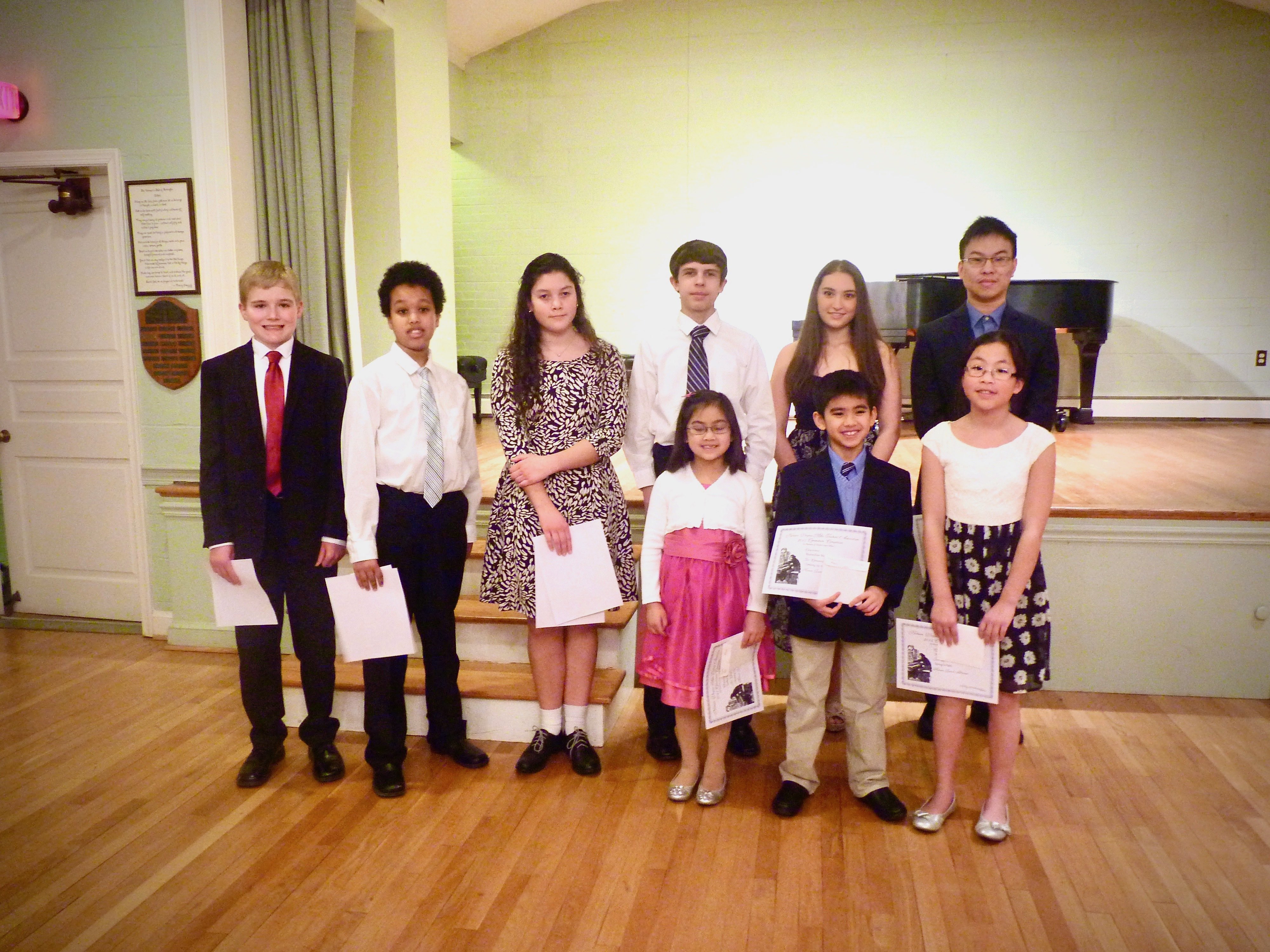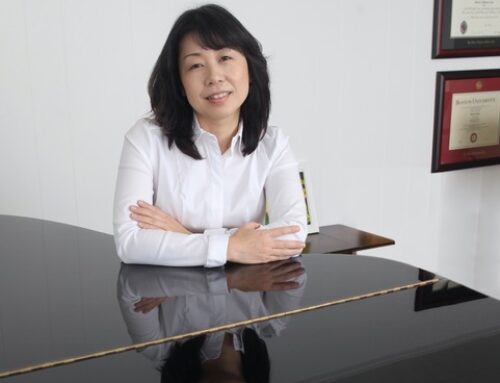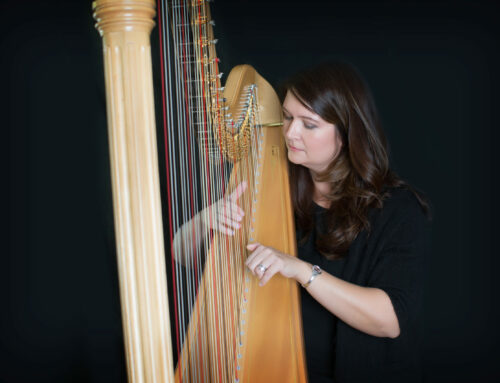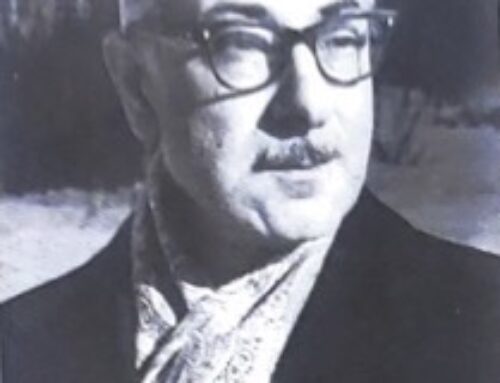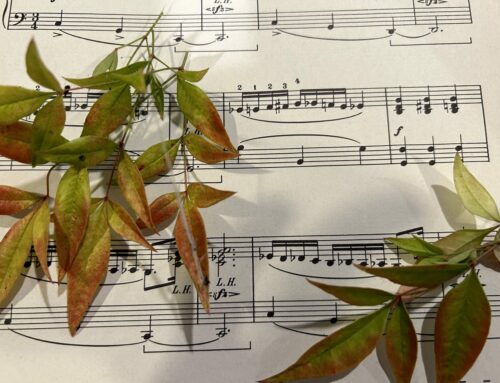Our next guest post comes from Libby McConnell, co-chair of our Composition Competition, with details about our wonderful event and upcoming requirements and deadlines. Thank you Libby! Teachers, please consider entering your students in this fantastic event.
–
I’d like to tell you why I love the NVMTA Composition Competition, and why you, too, should encourage your students to enter this event in 2019.
No age restriction or minimum time of study: This competition is for everyone. You can give students at any level of study some room to be creative. Theory lessons write themselves when students first improvise on their own themes but then wonder how to organize their ideas into a structured piece.
Technology makes everything easier: My students have enjoyed using Noteflight, the online music notation software. I like its ability to share files between home and studio. There are many other notation options, including good, old-fashioned staff paper, available free online. And it’s never been easier to record students and upload an audio file.
Judges are accomplished composers: You can expect to receive in-depth written critiques from two judges for every student’s entry. As a teacher, I learn more about composing from these comments, too!
Performance opportunities for all: Every entrant gets to perform his or her composition at the Woman’s Club of Arlington on Sunday, May 5, at 7 p.m. Students give a brief synopsis of their inspiration and share their music with confidence. Every year I am amazed by the creative energy on display.
Scholarships and Awards: This event offers many opportunities to win awards. Just imagine: Your student’s work could be performed by the McLean Symphony, under the baton of Maestro Dingwall Fleary! The Jo Lombard Awards are given by judges at their discretion, and it’s not always the most advanced students who win. Students age 12 or under have a special opportunity to win $25 if they are judged “most creative.” Have a high school student who is technologically savvy? Nominate her by February 1 for The Willis-Bennett Technology Award. Details are on the website.
It’s worth your time: Take advantage of this opportunity to explore your student’s creative potential through composition. Let them write as well as interpret music. The rewards for student and teacher are high. If you’d like a practical resource to get started, I highly recommend Piano Teacher’s Guide to Creative Composition, by Carol Klose.
The deadline for entry is March 7. Let me know if you have any questions!
Sincerely,
Libby McConnell, Composition Competition co-chair

